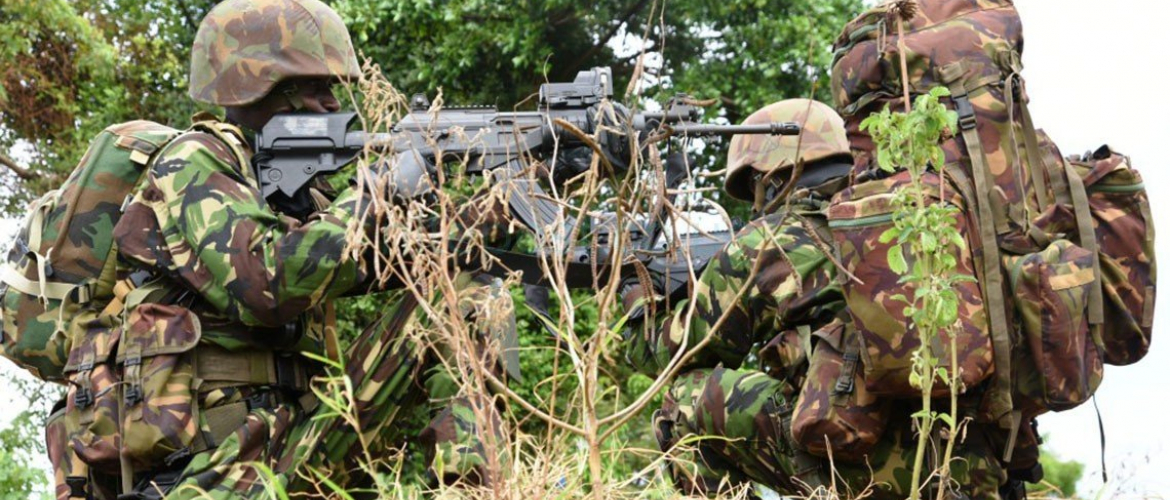
Since independence, Uganda just like many if not all African countries suffered untold series of insurgences and violence unleashed on its people mainly due to the tribal and regional politics. This form of administration was inherited from the colonial masters who used it to favour one loyal group against the other.
Considering the political rhetoric at the time and then hype for positive change that had underlines the struggle, all segments of society saw the attainment of independence through series of negotiations, but that didn't in anyway lessen the anticipation of the people, including the professionals who saw the new political environment as marking a major milestone to serve their people with the kind of freedom that only independence could bring.
Unfortunately, after independence the subsequent governments fail into an ideological trap which drove Uganda mails back. Tribal interests and sentiments arouse to overwhelm the national interest hence the kabaka crisis of 1966 that saw Muteesa exiled.
Ever since then, the pearl of Africa has lugged behind due to this form of political myopism. When Obote, Amin and other subsequent leaders assumed power, they rushed to recruit and employ their fellow tribes men and women and sidelined the rest. This boiled anger and consequently convinced the oppressed groups to fight for space.
In 1986, Yoweri museveni's guerilla National Resistance Army (NRA), a group that was immensely consumed in the the belief of national character and riding a wave of popular enthusiasm and huge expectations stormed Kampala and took over leadership. Its mission was to restore the country to a sound economic and political trajectory. This was well captured by the leader of the revolution in His inaugural address to thousands of his supporters. He said that what was being witnessed was not a mere change of guards, but a fundamental change and for the last 34years in power, government has been working towards attaining the same.
It begun with ensuring peace and security throughout the country which previously was unheard of. Government through the UPDF begun a protracted war against series of rebel groups from the eastern, northern and western parts of the country. Terror groups like the Alliance Democratic Force (ADF) from the west, Alice Lakwena and the Holy Spirit Movement from the east and the famous (Lords Resistance Army LRA) northern Uganda were hunted down until they were decisively dealt away with. since security is the core in the growth and development of any country.
More to that, Museveni wouldn't settle until he sorted extra judicial killings and state inspired violence which had characterised the past regimes of Idi Amin and Obote. For, instance, Chief Justice Ben Kiwanuka and Archbishop Janan Luwum anonymously disappeared. Others caught on the wrong side of regime were Makerere Vice Chancellor, Frank Kalimuzo, Minister Alex Oryema, Ondoga, Shaban Nkutu, William Kalema and Oboth Ofumbi. There were also mass murders in Acholi and Longo communities.
Uganda has since become an island of peace not only in the east African region but has gone ahead to export it to the entire African continent. In 2013, the UPDF intervened in South Sudan to stop then roaming genocide, they also intervened in the Central African Republic to pursue and hunt down LRA rebels who constantly raided the vulnerable locals.
Before the above interventions, the UPDF in 2009 went on a mission to fight the Alshabab and restore the failed state of Somalia.

